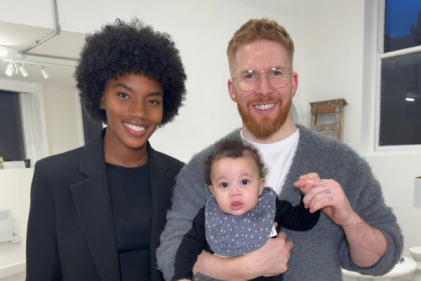
If you are worried about your child and are becoming increasingly frustrated by their daily clinging, the following advice will help you out.
1. Don’t punish them
Firstly, it is important you understand that the last thing you want to do is punish them. Being clingy is not a negative sign but rather your little one showing that they feel secure and safe with you. If you give out to them or push them away they might not come to you when they are truly distressed.
2. Help them with their independence
Help your little one build up their own self-reliance so that they feel better able to cope with situations when you have to leave them. Give them small jobs to do like buttoning their coat up or putting on and taking off their shoes – small, easy to do tasks will help them but up their independence.
3. Play with them everyday
It can be hard to fit in playtime when there are jobs to go to and homes to clean, but your little one can become clingy if they don’t know when they are going to hang out with you next. To stop this make sure you schedule in playtime at the same time everyday so they know they will be seeing you soon.
4. Avoid the long goodbyes
A quick hug, kiss and goodbye are enough when leaving your youngster; long goodbyes can cause your little one to feel stressed and anxious and just prolongs their distress.
5. Don’t sneak out
While you don’t want to have a ten minute long goodbye, nor do you want to simply just sneak out when leaving them. If you do this they can become anxious that if they become engaged in something for too long you might simply disappear again.
6. Get them out socialising
Help your child develop friendships with their peers so that when they do go to preschool or a friend’s house they will feel comfortable without you being around.




